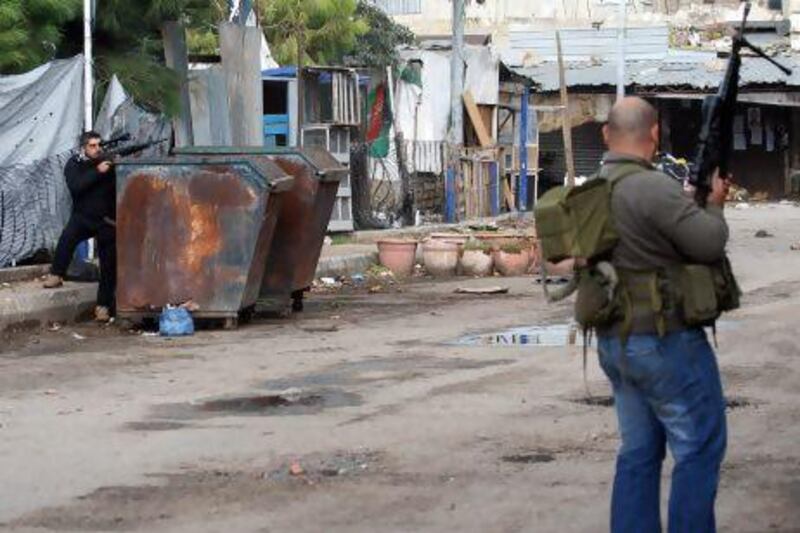DOHA // The United Nations chief said yesterday that he would not favour an asylum deal for Bashar Al Assad as a way to end the country's civil war.
The secretary general, Ban Ki-moon, also cautioned that the UN would not allow anyone "impunity".
Thousands of civilians have been killed during the uprising, which shows no sign of ending after 20 months of fighting.
But when asked about the potential for an asylum deal that would remove Mr Al Assad from power, Mr Ban said the president should be held accountable for the rights violations his regime has carried out against the Syrian people.
"Whoever commits a gross violation of human rights must be held accountable and should be brought to justice. This is a fundamental principle," said Mr Ban while attending a climate conference in Doha.
Mr Al Assad vowed in an interview with Russia Today last month that he would never be forced into exile and that he would "live and die in Syria".
Mr Ban also urged Syria's regime not to use its stockpile of chemical weapons, warning of "huge consequences" if Mr Al Assad resorted to using such weapons of mass destruction.
"I again urge in the strongest possible terms that they must not consider using this kind of deadly weapons of mass destruction," he said. Syria has been careful not to confirm that it has any chemical weapons, which the regime insists it would never use against Syrian people.
Mr Ban's warnings came as the violence spilt over into Lebanon.
Gunmen loyal to both sides in Syria's civil war battled in the streets of Tripoli, where two days of fighting have left at least five people dead and 45 wounded, officials said.
The Lebanese army fanned out in the city in an attempt to calm the fighting, with soldiers manning checkpoints and patrolling in armoured personnel carriers.
The Syria conflict has spilt over into Turkey, Israel and Jordan over the past 20 months, but Lebanon is particularly vulnerable to becoming sucked in. The countries share a complex web of political and sectarian ties and rivalries that are easily inflamed.
Tensions in Tripoli have been mounting since last week, when about 17 Lebanese Sunni fighters had been killed in Syria, apparently after joining the uprising. Yesterday, the Lebanese foreign minister, Adnan Mansour was informed by the Syrian ambassador, Ali Abdul Karim Ali, that Syria had agreed to repatriate the bodies.
Fighting was reported yesterday around the Syrian capital.
Clashes between rebels and regime troops have intensified in the suburbs ringing Damascus in recent weeks.





